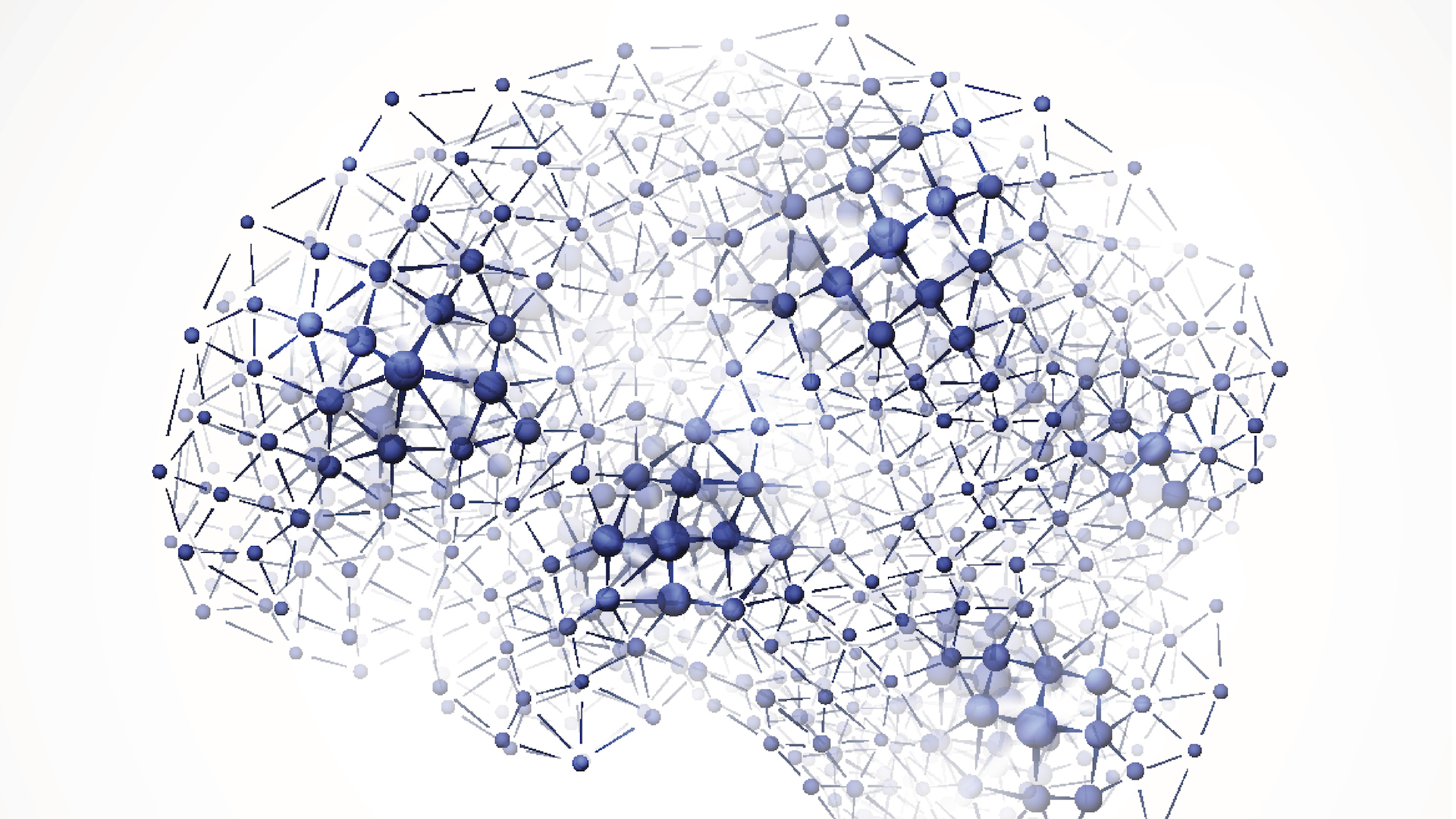Understanding Executive Dysfunction And Its Connection To Adhd Causes Symptoms Diagnosis And Treatment
July 2, 2023 - Reading time: 4 minutes

Executive dysfunction is not an isolated condition but a manifestation of various neurological, mental health, and behavioral disorders, including ADHD and depression.
Executive dysfunction affects essential cognitive skills required for daily life, such as:
- Planning and organization
- Concentration and mental focus
- Memory and information processing
- Time management and multitasking
- Emotional and behavioral regulation
From Symptoms to Impact
Individuals grappling with executive dysfunction may find themselves in a constant battle with emotions, struggling to initiate or complete tasks, facing difficulties in attention and memory, or exhibiting socially inappropriate behavior. These challenges often transcend personal boundaries, affecting performance at work or school, straining relationships, and impacting overall well-being.
Executive function is a term that refers to the cognitive skills we use to analyze tasks, plan and organize an approach, remain focused during the process, and adjust as needed to achieve the desired outcome. These higher-order thinking abilities are controlled by the brain's frontal lobe. Executive dysfunction occurs when these executive functioning skills are impaired.
The ADHD Connection
ADHD is a prominent figure in the narrative of executive dysfunction, with its symptoms often mirroring those of executive challenges. As ADHD is a mental condition which has pattern of inattention, hyperactivity, and impulsivity, directly influencing executive functions. However, it's crucial to recognize that while ADHD encompasses executive dysfunction, the reverse is not always true—executive dysfunction can stem from a spectrum of conditions beyond ADHD.
Nearly everyone with ADHD experiences some level of executive dysfunction. Problems with executive function can affect an individual's ability to manage time, organize thoughts and materials, initiate and complete tasks, control impulses, retain instructions, plan multi-step processes, and adjust to changes flexibly.
In ADHD, the frontal lobe areas that regulate executive function tend to be less active and have lower neural connectivity. Neuroimaging studies have demonstrated incredible differences in brain function in those with ADHD. While the exact causes are unknown, genetic and environmental factors likely play a role.
Deciphering the Diagnosis
Diagnosing executive dysfunction requires a nuanced understanding of its underlying causes. Since it's symptomatic of broader conditions, healthcare professionals often focus on identifying disorders like ADHD, depression, or Alzheimer's disease through comprehensive assessments, including psychological evaluations and cognitive testing.
There is no single test to diagnose executive dysfunction in ADHD. Instead, clinicians rely on a comprehensive evaluation that includes clinical interviews, rating scales from multiple sources, cognitive testing of executive skills like working memory and processing speed, and screening for daily functioning impairments. This aims to identify the pattern of long-standing executive functioning deficits characteristic of ADHD.
Charting the Course of Treatment
Addressing executive dysfunction involves a multifaceted approach tailored to the individual's unique needs and the root cause of their challenges. Treatment strategies may encompass:
- Medication to manage symptoms of ADHD or other underlying conditions
- Psychotherapy, including cognitive-behavioral therapy (CBT), to develop coping strategies and improve executive skills
- Behavioral interventions to enhance organization, time management, and problem-solving abilities
- Supportive educational or workplace accommodations to mitigate the impact of executive challenges
Since impairments in executive functioning are neurologically-based from the core symptoms of ADHD, treating the underlying condition is key. Medication like stimulants and non-stimulants can improve executive function by increasing frontal lobe activity. CBT teaches strategies to improve focus, organization and self-regulation. Setting up environmental supports through accommodations also maximizes executive abilities.
A Journey of Understanding and Support
Executive dysfunction weaves a complex web of cognitive challenges, deeply intertwined with ADHD and other mental health conditions. By fostering awareness, pursuing accurate diagnosis, and embracing individualized treatment plans, individuals facing these challenges can navigate the maze of executive dysfunction, unlocking pathways to greater cognitive harmony and life satisfaction.
In the quest to understand and manage executive dysfunction and its connection to ADHD, the journey is as much about acknowledging the hurdles as it is about embracing the support and strategies that pave the way for a fulfilling life.
While medication, therapy and accommodations don't eliminate executive deficits, an integrated treatment approach can go a long way in helping those with ADHD and executive dysfunction to plan, prioritize, initiate and achieve goals. Understanding these impairments are neurological - not laziness or behavior problems - is crucial.

